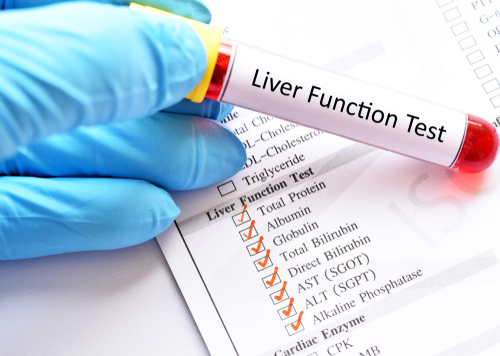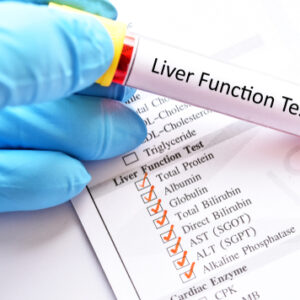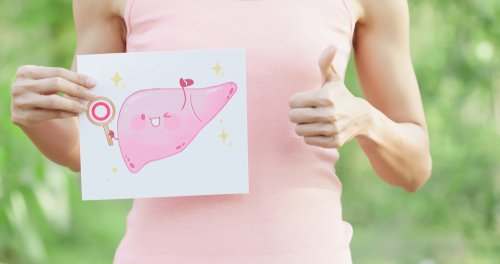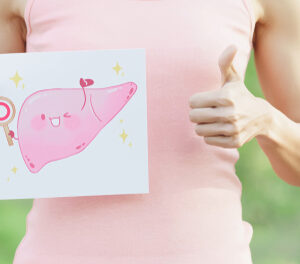What is LDL cholesterol?
Usually extra LDL is brought to the liver and is then flushed out of the body. However, if the cholesterol intake is higher than what our blood vessels can carry to the liver, it gets collected and stays on the walls of our blood vessels. High LDL count can prove fatal in some cases as well.
| LDL (Bad) Cholesterol | Level LDL Cholesterol Category |
| Less than 100mg/dL | Optimal |
| 100-129mg/dL | Near optimal/above optimal |
| 130-159 mg/dL | Borderline high |
| 160-189 mg/dL | High |
| 190 mg/dL and above | Very High |
What increases my LDL?
- Diet
Eating foods high in unhealthy and saturated fat can cause an increase in your LDL count. Usually animal products are high in cholesterol. So if you consume them in high amounts on a regular basis, you should be aware of your cholesterol levels. - Lifestyle factors
Examples include not staying active, drinking and smoking habits might also result in high cholesterol. - Genetics
High cholesterol can run in families. - Certain diseases
Diabetic patients often face the risk of a high LDL count. The same goes for people with chronic kidney diseases and hypothyroidism. Extreme obesity can also lead to severely high LDL count, which can further prove fatal. - Age and Sex
As women and men get older, their cholesterol levels rise. Before the age of menopause, women have lower total cholesterol levels than men of the same age. After the age of menopause, women’s LDL levels tend to rise. - Medicines
Certain medicines, including steroids, some blood pressure medicines, and HIV/AIDS medicines, can raise your LDL level. - Race
African-Americans typically have higher HDL and LDL cholesterol levels than caucassians.
What are my risks of having high LDL?
High LDL count, or simply high cholesterol poses a lot of threat to the human body. Some of them can even lead to fatality. As mentioned earlier, high LDL gets collected on the walls of our blood vessels, and can lead to formation of plaque. This can create an obstruction in the functionality of the blood vessels if left untreated for long. High blood pressure, heart attack, stroke, chronic kidney diseases and chest pain are risks that a high LDL count brings with itself.
How can I lower my LDL level?
- Heart-healthy eating
A heart-healthy eating plan limits the amount of saturated and trans fats that you eat. This is a plan to eat plenty of nutrient-rich foods—fruits and veggies, whole grains, lean poultry and fish. - Weight Management
If you are overweight, losing weight can help lower your LDL cholesterol. - Physical Activity
One should get regular physical activity (30 minutes on most, if not all, days). - Managing stress
Research has shown that chronic stress can sometimes raise your LDL cholesterol and lower your HDL cholesterol. - Quitting smoking
Quitting smoking can raise your HDL cholesterol. Since HDL helps to remove LDL cholesterol from your arteries, having more HDL can help to lower your LDL cholesterol. - Limit your alcohol intake
The American Heart Association recommends drinking alcohol in moderation, which means, on average, no more than two drinks per day for men and no more than one drink per day for women.







